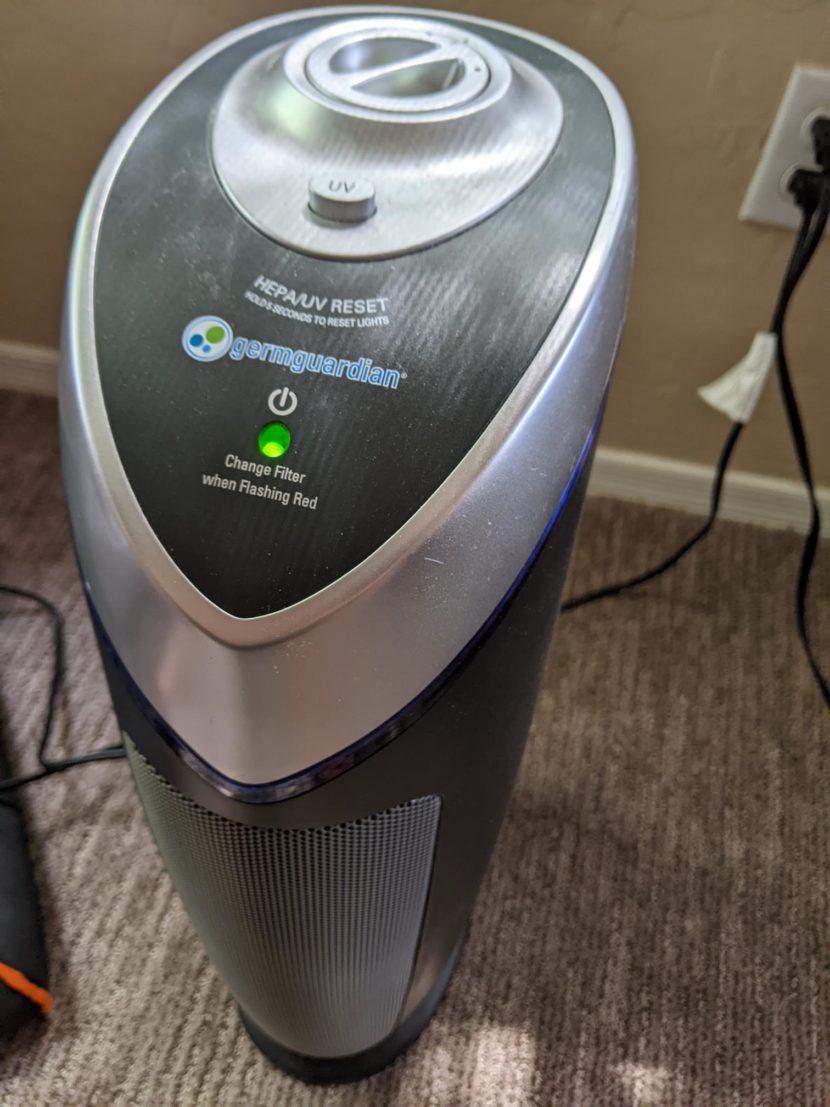The summer fire season is cooking throughout much of the United States and northern hemisphere.
A forest fire can be miles away, but if the wind blows right, and the fire gets big enough, the smoke can make it hard to sleep at night.
Same with an air-polluting factory that starts up operation. Or the gas that comes as a byproduct when oil is extracted from the ground. How the wind carries the particulate matter can make sleeping a challenge.
Your home has a role in maintaining your ability to sleep. If it’s sealed up tight, you’ll experience less of the effects of this kind of pollution.
At the same time, there are in-home pollutants like radon and, sometimes, unpleasant smells like the rotting box of takeout food sitting in the garbage you forgot about from last week. Smells, which are the result of molecules in the air, have to leave or they, too, will affect your sleep.
Sometimes your home can benefit from a good airing out, other times from being shut up tight.
In order to live, you need to breathe. When it becomes a challenge to breathe easily, it complicates sleep.
And when sleep gets complicated, everything becomes that much harder.
Types of air pollution
There are a lot of different types of air pollution.
Some things that can float around in the air are bad for everyone; things like acrolein, particulate matter, asbestos, and nitrogen oxides.
Pollen isn’t considered air pollution, though it makes breathing challenging for certain people. For our purposes, when considering things in the air that make sleeping and breathing difficult, it is.
Problem cascades
Air pollution can cause breathing issues like coughing and wheezing. This can make you tired even after you wake up.
Allergies can lead to congestion, sneezing, and a runny nose.
That’s not to mention itchy, red eyes; sore throat, and headaches!
Not surprisingly, these problems affect sleep and when that gets interrupted, it’s easy to become depressed. Understand that one problem can lead to another. Depression can cause sleep problems. Sleep problems can cause depression. Either of them can magnify the effects of poor air quality.
Air purifiers can help.
Air purifiers
There are a lot of good ones on the market. Honestly, it’s hard to go wrong. They’re relatively inexpensive when you consider that they can help you do what you need to do during the day by allowing you to do what you should do during the night.
When a forest fire breaks out and fills the valley with acrid smoke; when grasses bloom heavily one year; or when something changes the air quality at bedtime, you need a defense. An air purifier can be that defense.
Also on the blog:
James Cobb RN, MSN, is an emergency department nurse and the founder of the Dream Recovery System. His goal is to provide his readers with simple, actionable ways to improve their health and maximize their quality of life.
We use some affiliate links. If you click on a link and make a purchase, we may receive a commission. This has no effect on our opinions.
